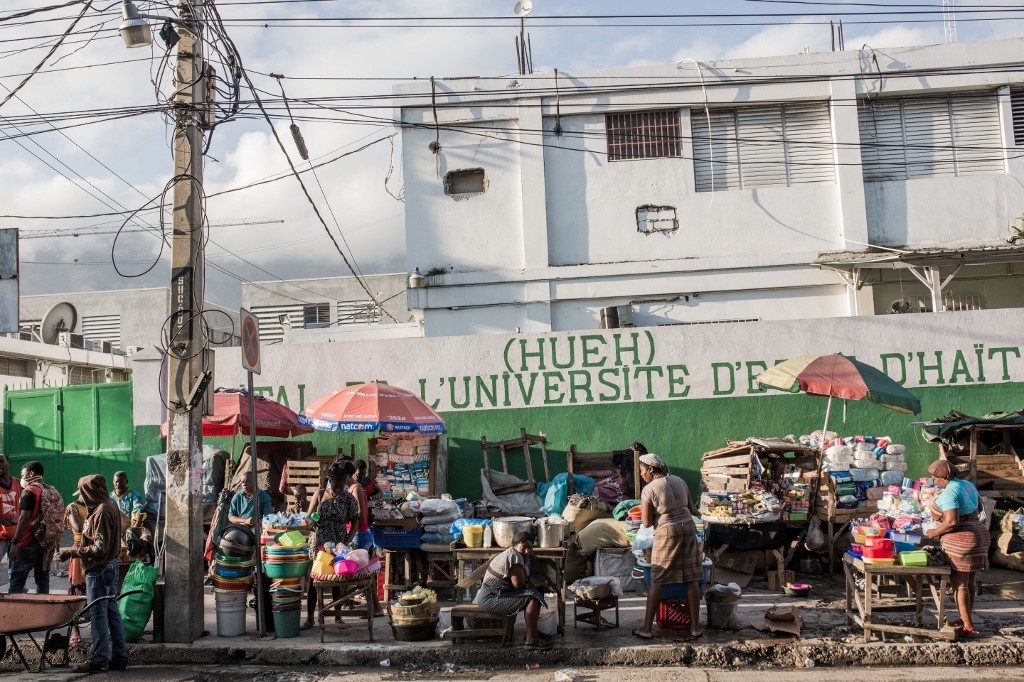SUMMARY
This is AI generated summarization, which may have errors. For context, always refer to the full article.

RIYADH, Saudi Arabia – Despite the worthy goal of helping the poorest nations during the coronavirus pandemic, an international banking association has raised concerns about their ability to join in a plan to suspend debt payments.
The Group of 20 governments last month agreed to a one-year debt standstill that the International Monetary Fund (IMF) and World Bank had pushed for to help the 76 most vulnerable economies, and called on private creditors to join in.
In a letter to the IMF, World Bank, and Paris Club of creditor governments released on Monday, May 4, the president of the Institute for International Finance (IIF), Tim Adams, praised the decision but highlighted the challenges.
There is a concern that halting debt payments could cause the debt ratings agencies to downgrade the countries involved, or that it could impair borrowing capacity by the countries that participate, Adams said, in the letter dated May 1.
There is “a deep appreciation for the challenges facing these most vulnerable countries and strong interest in finding ways to support them and the proposed debt service suspension.”
However, Adams said, there are many types of private creditors and “many will have fiduciary duties to their own clients, and contractual obligations.”
Likewise, the position of each of the borrowers is unique.
“Any effective approach to voluntary creditor/lender participation must take this into account,” Adams said. “In the absence of a widely accepted toolkit to achieve debt service suspension, a lengthy contract by contract approach may be required.”
The 76 countries eligible for the initiative face about $30 billion in debt service payments this year, including about $13 billion to private creditors, according to IIF data.
The G20 estimated that the Debt Service Suspension Initiative will provide about $20 billion in liquidity for the countries benefiting.
But for the debt owed to private creditors, “it is imperative that borrowing countries be well-informed about the potential consequences for market access when requesting debt service suspension,” Adams said. – Rappler.com
Add a comment
How does this make you feel?
There are no comments yet. Add your comment to start the conversation.